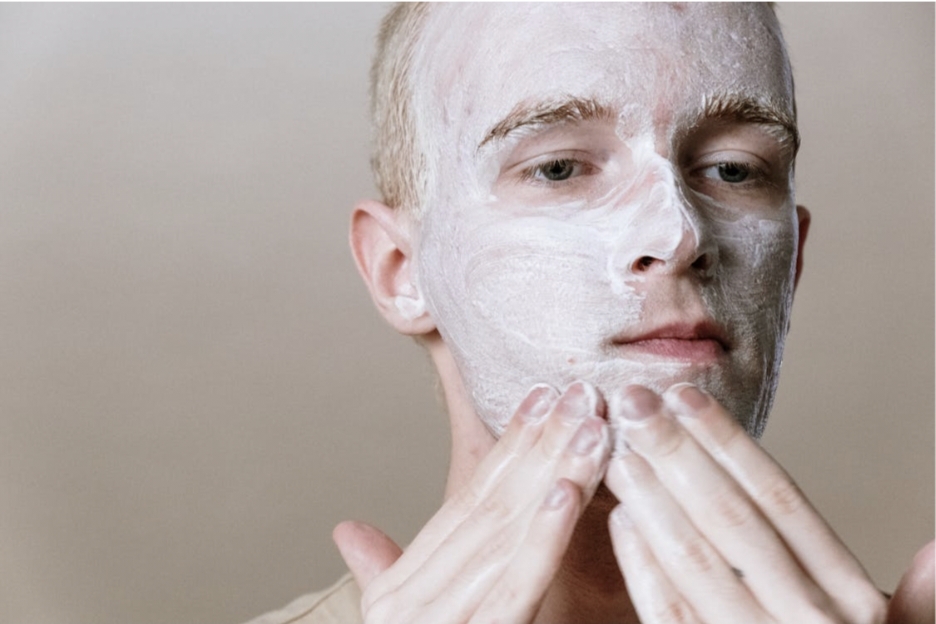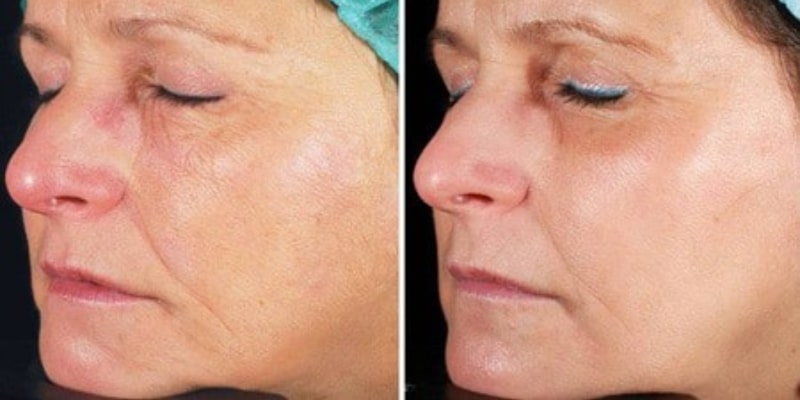The road to recovery from addiction can often feel like an uphill climb. For many, it’s not just about leaving substances behind; it’s about remaking oneself and rebuilding a life worth living. Navigating this path requires resilience, adaptability, and a readiness to embrace change. In this article, we’ll explore practical steps to help individuals foster personal development and growth following the challenges of addiction. Keep reading to embark on a transformative journey toward a renewed self.
Embracing Change: The First Step to Remaking Yourself Post-Addiction
The aftermath of addiction often presents a clean slate, an opportunity to reinvent oneself from the ground up. Embracing change is perhaps the most crucial step toward remaking your identity. It requires acknowledging past mistakes while remaining open-minded about the future. This period of transformation is not merely about sobriety; it’s about embracing a new way of life characterized by growth, learning, and self-betterment.
For many, the hardest part of change is the initial acceptance that the old way of life is no longer sustainable. It’s about willingly stepping out of comfort zones to establish new, healthier patterns. The combination of substances like adderall alcohol has a profound effect on both the body and the mind, necessitating an integrated approach to health that addresses all aspects of well-being.
Leveraging the lessons learned from past experiences can also be incredibly empowering during this phase. Reflection, when done constructively, can act as a compass directing you toward better choices and actions.
Rediscovering Your Identity Beyond Substance Use
Substance use can often overshadow one’s true sense of self. In the process of recovery, individuals are afforded a rare chance to rediscover who they are without the influence of addiction. This identity reconstruction involves exploring and embracing interests, skills, and values that may have been neglected due to past substance use. It is a time to rekindle old passions or discover new ones, adding depth and richness to your identity.
A key part of this rediscovery is engaging in activities that foster a sense of joy and achievement. Whether it’s taking up a hobby, learning a new skill, or participating in community service, these pursuits can substantially contribute to self-esteem and overall happiness. By aligning daily actions with personal values, individuals reinforce their identity in ways that drugs or alcohol never could.
Education and career aspirations can also play a significant role in this journey. Pursuing academic or vocational training can not only enhance job prospects but also provide a meaningful focus for the future. Programs for public health degrees can open doors to new opportunities and allow individuals to contribute positively to society. Learn more about the public health program here: online.uc.edu/associate-programs/as-public-health.
Cultivating New Habits for a Healthy Lifestyle After Addiction
Overcoming addiction often means breaking free from detrimental habits and creating a new, health-oriented lifestyle. Establishing a daily routine that includes nutritious eating, regular physical activity, and adequate sleep is fundamental. These basic self-care practices can greatly influence mood and energy levels, equipping individuals with the physical stamina needed to cope with the demands of recovery.
Mental health, too, must not be neglected. Engaging in regular self-care activities such as meditation, yoga, or therapy can improve mental resilience. Developing new habits also extends to social activities and leisure time. It’s essential to find ways to relax and unwind that do not revolve around substance use. Exploring new cultural, artistic, or educational experiences can not only enrich one’s personal life but also help in building a support network of like-minded individuals.
Finally, practicing gratitude can transform one’s outlook on life. By appreciating the simple joys and expressing thankfulness for the progress made, people in recovery can solidify their commitment to health and positivity. Gratitude can act as an anchor, keeping them grounded even when faced with temptations or setbacks.
Setting and Achieving Goals in Your Journey to Self-Rediscovery
Goals are critical in propelling individuals forward and giving a sense of direction in the recovery process. Setting clear, realistic objectives can provide motivation and a roadmap for success. It’s important to start with small, achievable goals to build confidence before tackling larger aspirations. Every achievement, no matter how small, serves as a stepping stone to bigger accomplishments.
Professional and personal development goals are particularly fruitful, as they can lead to greater satisfaction in life. Whether it’s advancing in a current career, exploring new job opportunities, or improving relationships with loved ones, these aspirations are essential for a fulfilling post-addiction life. Structured goal-setting helps maintain focus and dedication, which are crucial for sustaining recovery.
Altogether, the passage from the depths of addiction to the heights of self-rediscovery is a formidable but worthy endeavor. It requires persistence, a willingness to embrace change, and an unwavering belief in one’s potential.





